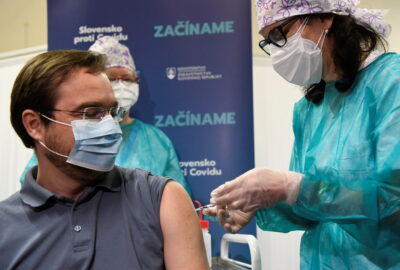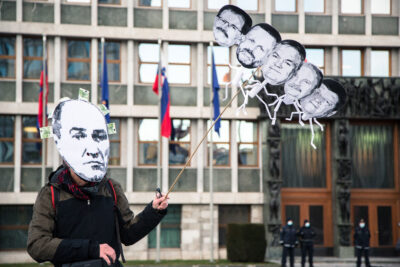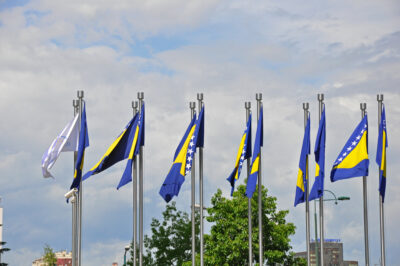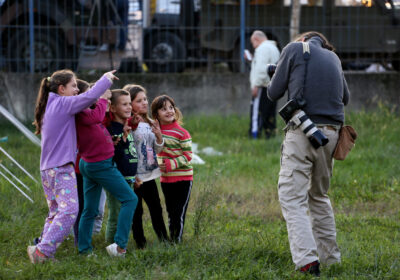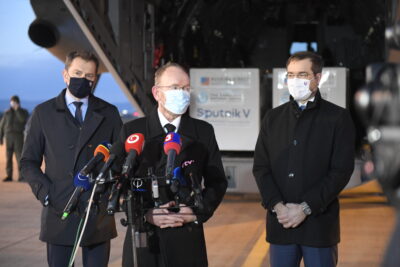Slovakia: The approach to the Sputnik V vaccine divides society
The purchase of the Sputnik V vaccine by the Prime Minister of Slovakia, Igor Matovič (OĽaNO), and the resulting government crisis has caused a clear division in Slovak society. Public opinion polls have shown very high approval for the use of the Russian vaccine, while at the same time scepticism about the AstraZeneca vaccine. On the other hand, a poll conducted after the...
More →
